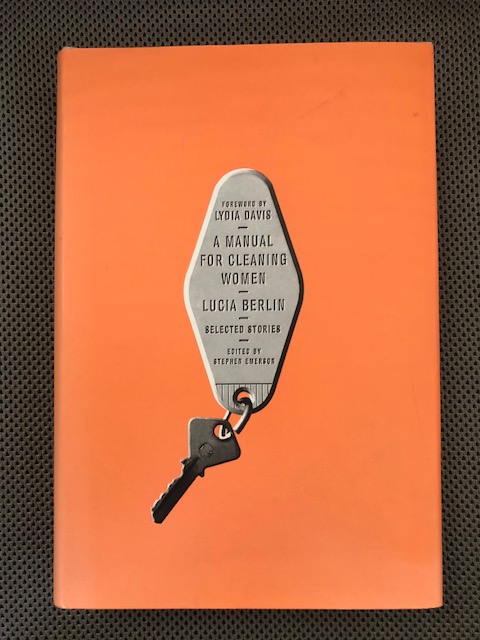


Here a narrator muses on sliding doors on public transport: “Other things throw me into a panic, like BART doors.


Looking.” These are stories that capture the near-invisible world around us – fleeting, telling details, from the banal to the poignant. Some of the stories, such as “Emergency Room Notebook, 1977”, approach reportage, but always with an eye for the poetic: “If their purses haven’t already been stolen old women never seem to have anything in them but bottom dentures, a 51 bus schedule and an address book with no last names.”īerlin credits her mother for her powers of observation, writing in “Mama”: “We have remembered your jokes and your way of looking, never missing a thing. In “Let Me See You Smile”, one character is described as possessing “a compassionate curiosity about everyone”, and the same was clearly true of Berlin herself. In “Tiger Bites”, a story detailing the horrors of a backstreet abortion clinic in Mexico, it is the warmth and wicked fun of the relationship between the narrator and her glamorous cousin that remain to the fore.īerlin had many jobs during her life and she is an acute chronicler of institutions and the often overlooked world of work – in particular the low-prestige, low-paid work of nurses, cleaners, administrators and supply teachers. Loneliness and shame creep through stories set in hospitals, detox clinics, old people’s homes and prisons, but despite the frequently bleak territory Berlin’s writing is characterised by an enormous appetite for life, for humour and for love. In “So Long”, a marriage to a heroin addict is described as encompassing both “times of intense Technicolor happiness and times that were sordid and frightening”, and that goes some way to capturing the emotional range of the collection. Her eventful life provides the subject matter for these stories.


 0 kommentar(er)
0 kommentar(er)
